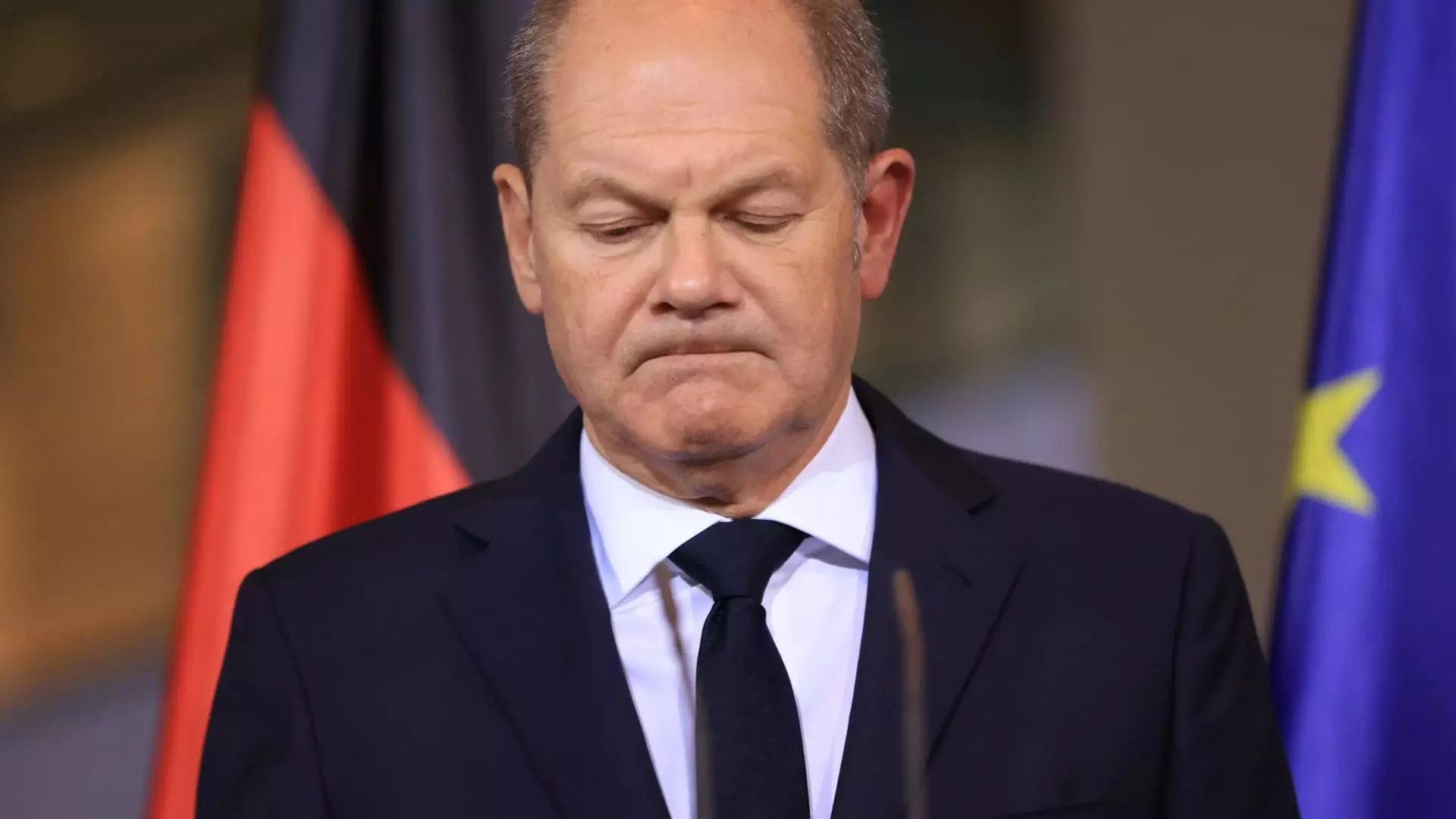The election of Donald Trump as President of the United States has sparked profound uncertainty amongst global economies, particularly in Germany. As Europe’s largest economy, Germany has found itself teetering on the brink of recession, a precarious position that Trump’s ascendance may exacerbate. With recent indicators suggesting stagnation and contraction in economic growth, the potential repercussions of Trump’s policies warrant close examination. This article delves into the implications of Trump’s victory for the German economy, focusing on key indicators, trade relationships, and the political landscape.
The Current Economic Climate in Germany
Germany narrowly avoided a technical recession in the third quarter, reporting a modest 0.2% growth in its gross domestic product (GDP) following a 0.3% contraction in the prior quarter. This fragile state is underscored by alarming predictions from the German economy ministry, which now anticipates an economic contraction for the year. The situation is compounded by various indicators, such as the composite Purchasing Managers’ Index (PMI), which, while slightly up in October, remains in contraction territory—suggesting a broader malaise within the economy.
Moritz Schularick, president of the Kiel Institute for the World Economy, describes Trump’s electoral success as marking “the beginning of the most difficult economic moment in the history of the Federal Republic of Germany.” His assessment underscores the gravity of the situation, calling attention to the dual crises of internal economic instability and external trade and security challenges that Germany must face as a result of the new U.S. administration.
One of the most pressing concerns for Germany in light of Trump’s victory is the potential for increased tariffs and restrictions on trade. Historically, the German economy has thrived on exports, making it vulnerable to shifts in international trade policy. The German statistics office, Destatis, recently highlighted the increasing significance of the United States as a trading partner, displacing China as the top export destination in the first half of 2023. This year alone, roughly 9.9% of German exports were directed towards the U.S.
Trump’s administration has suggested the imposition of substantial tariffs on imports, with estimates of blanket tariffs ranging from 10% to 20%. Such moves could place enormous strain on German exporters, particularly in key sectors like automotive and chemicals, which have historically bolstered the nation’s industrial base. The ifo economic institute predicts that, should Trump fulfill his tariff threats, German exports to the U.S. could plummet by approximately 15%, translating to an economic toll of around €33 billion.
The potential impact of U.S. trade policy aligns with a period of instability within Germany itself. The recent sacking of Finance Minister Christian Lindner by Chancellor Olaf Scholz reveals the fractures within the ruling coalition, which can further hinder the country’s ability to respond effectively to external challenges. Recent congratulatory messages directed at Trump from senior German politicians highlight a sense of caution, yet confidence in retaining a collaborative stance appears tenuous.
As the political landscape shifts, key figures like Lindner have emphasized the urgent need for Germany and the European Union to anticipate the possibility of U.S. detachment from global cooperation. Lindner has proposed that Europe should “stretch out a hand” to Trump, yet the effectiveness of such diplomacy in the face of potential confrontational trade policies remains to be seen.
With the specter of economic turbulence looming, experts assert that Germany and the European Union must proactively strategize in order to safeguard their economies. Proposals for deeper EU integration, especially in the services sector, and credible retaliatory measures against the U.S. are gaining traction. Such steps are imperative in fortifying the EU’s competitive edge and ensuring that the bloc presents a unified front against unilateral trade threats.
The electoral success of Donald Trump poses a multifaceted challenge to the German economy, with potential ramifications stretching beyond trade into the realm of political stability and international relations. As Germany grapples with its own economic uncertainties, the country must adapt and respond to an increasingly unpredictable global landscape shaped by the policies of the Trump administration. Only through strategic foresight and concerted action can Germany hope to navigate the complexities of this new era.

Leave a Reply